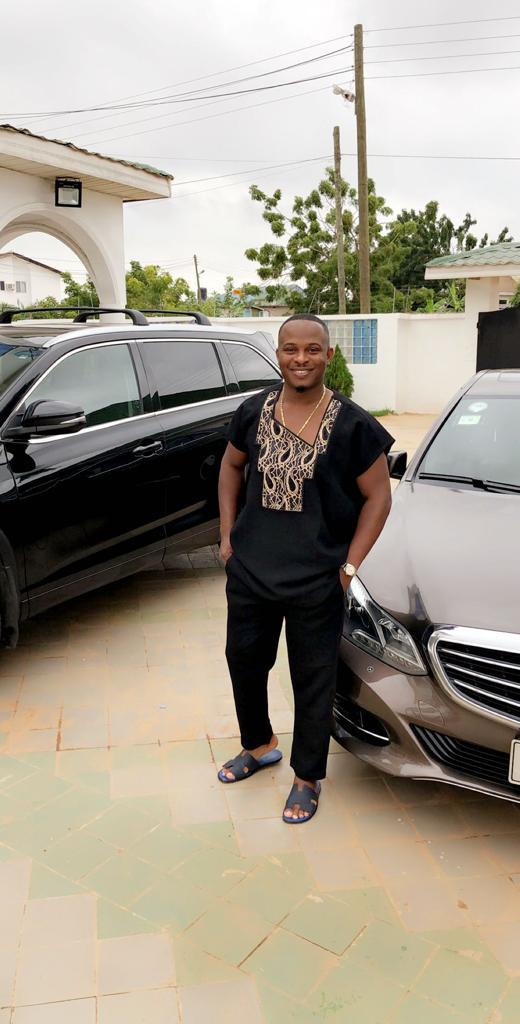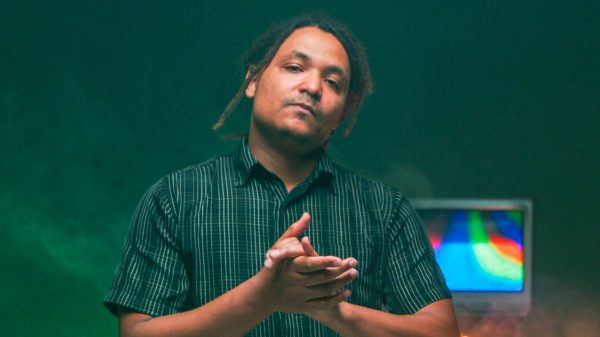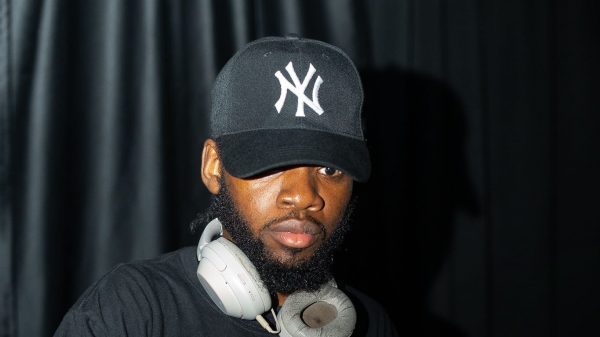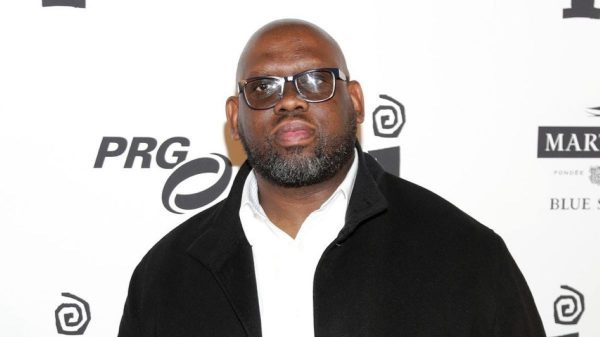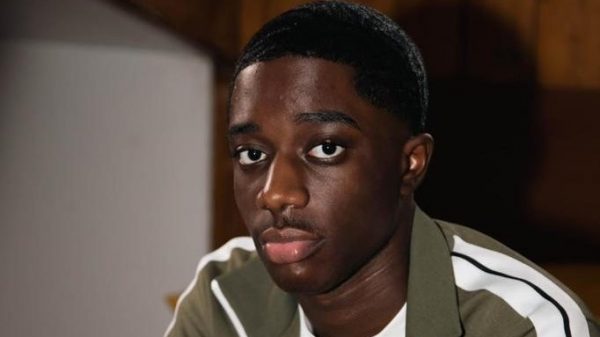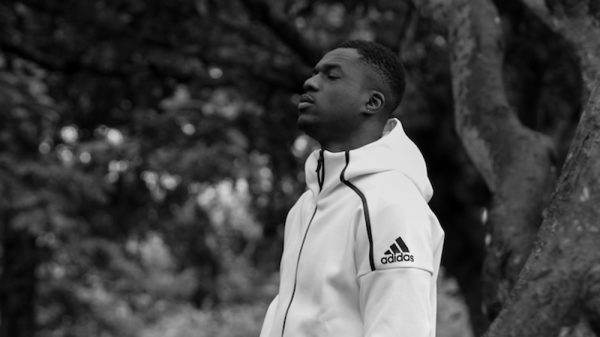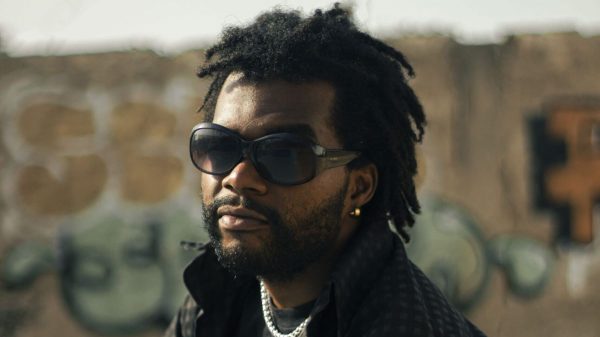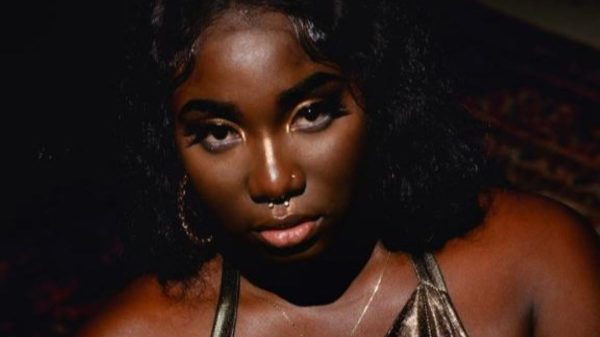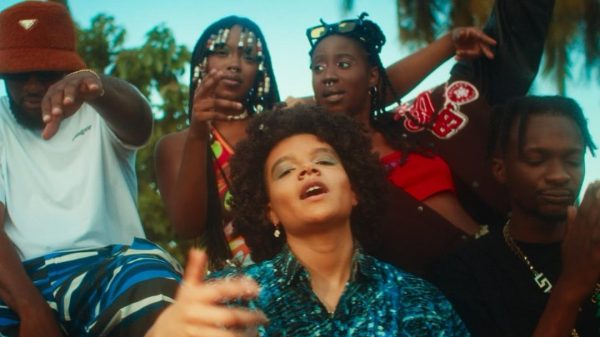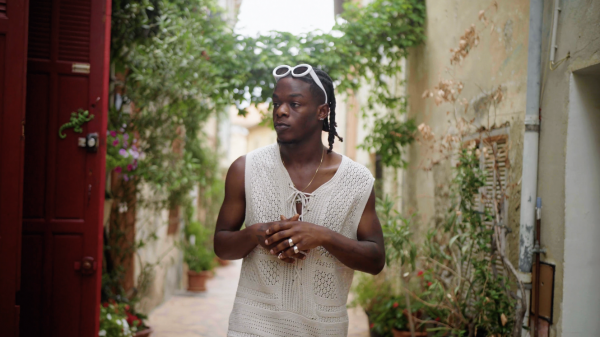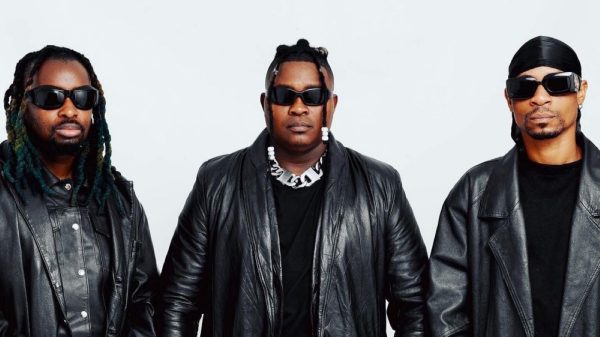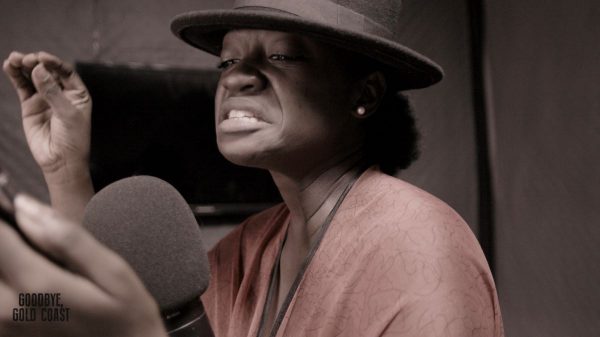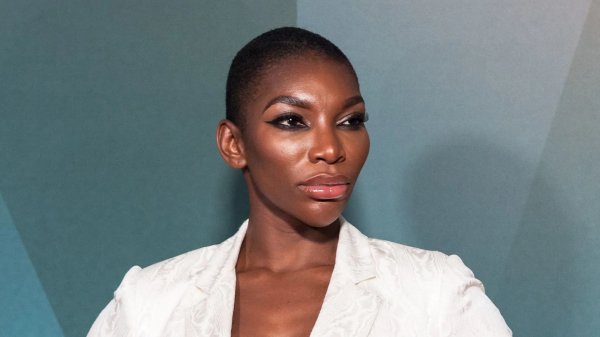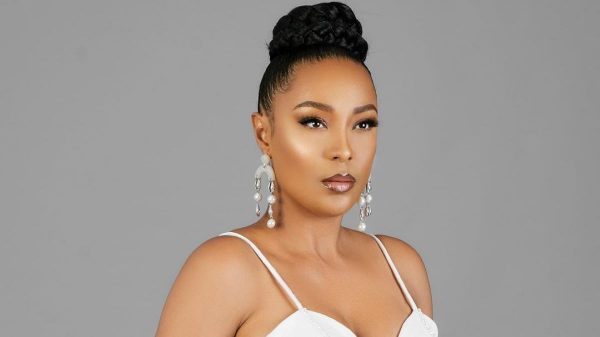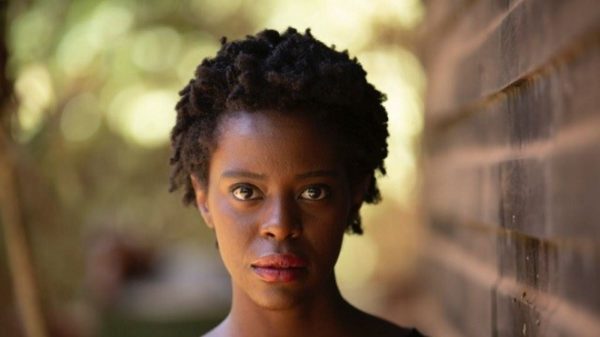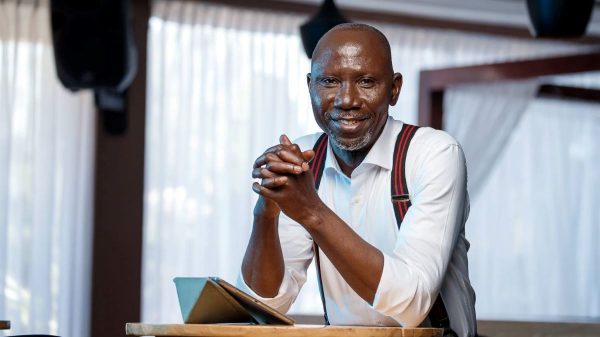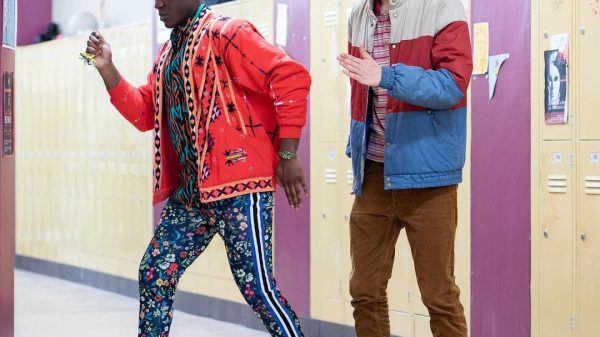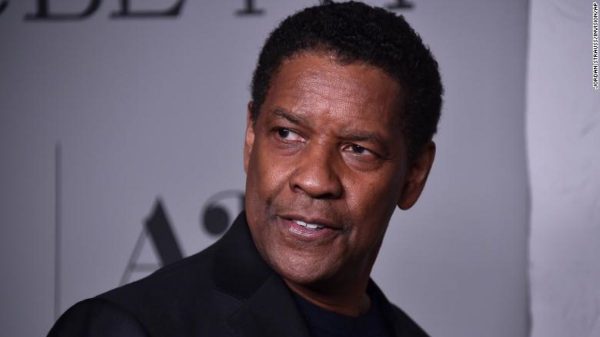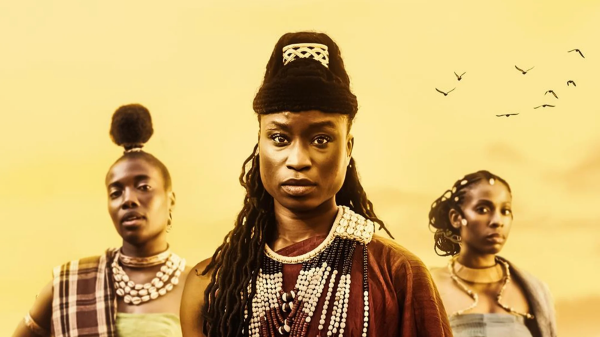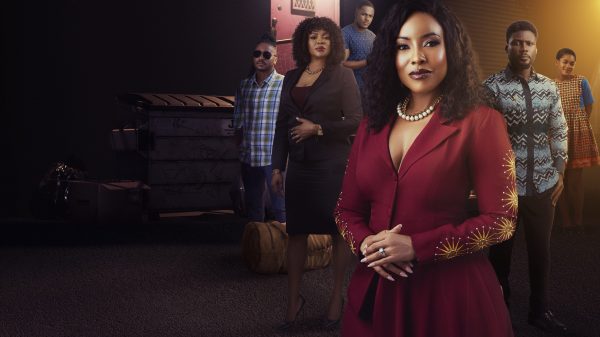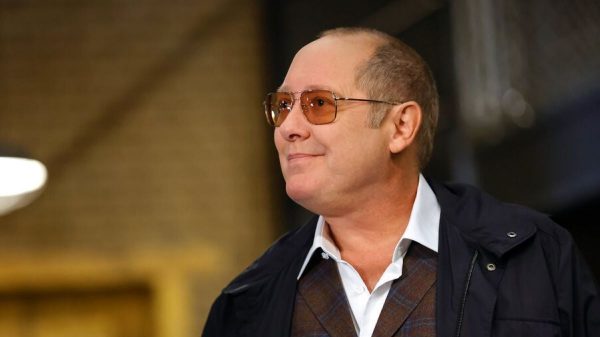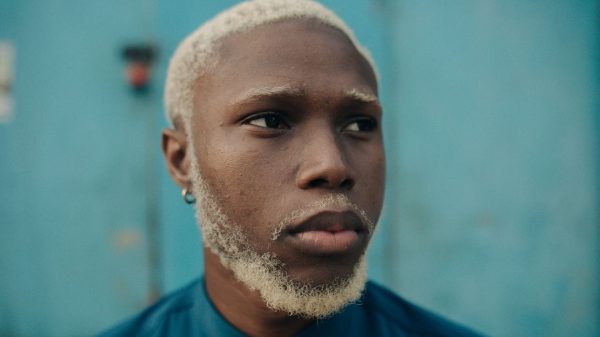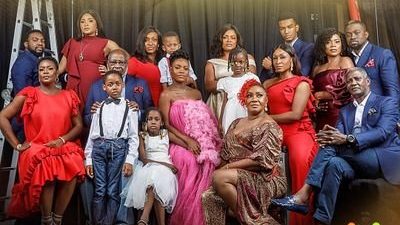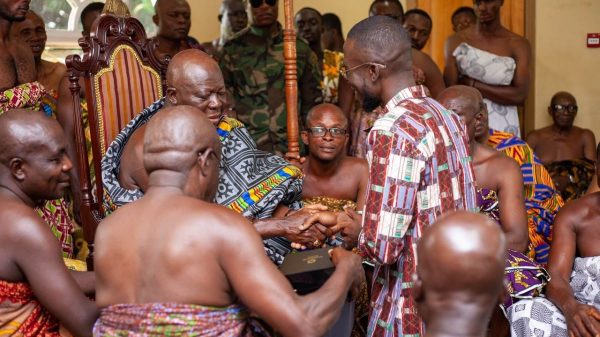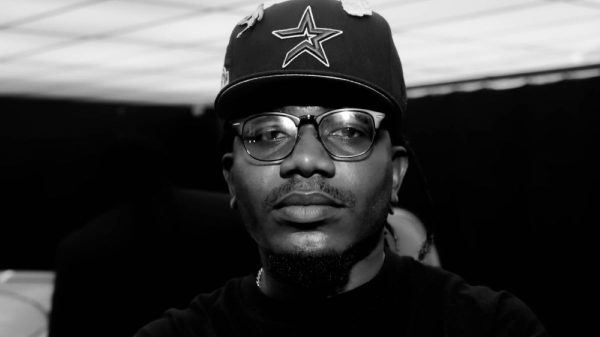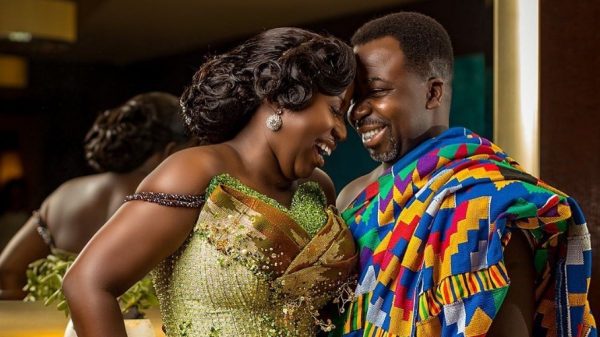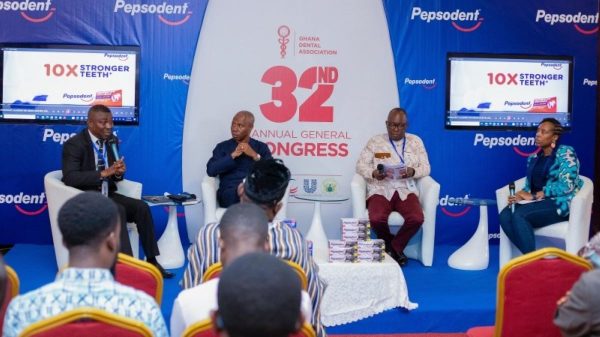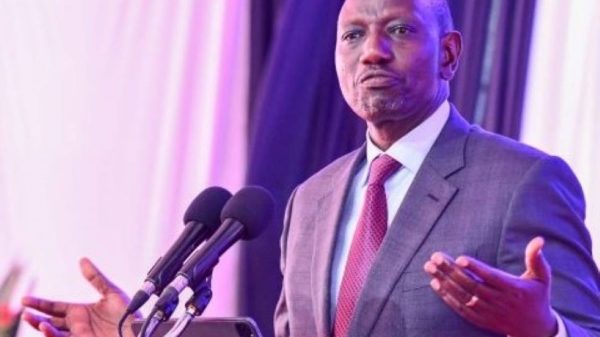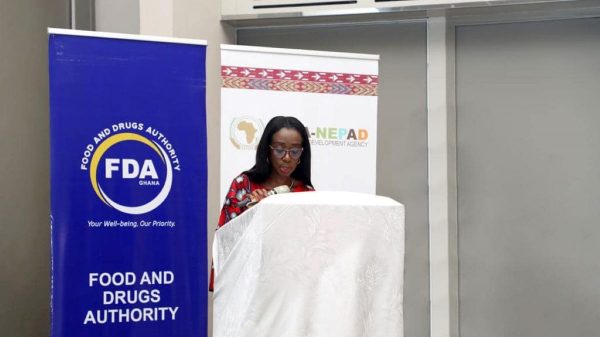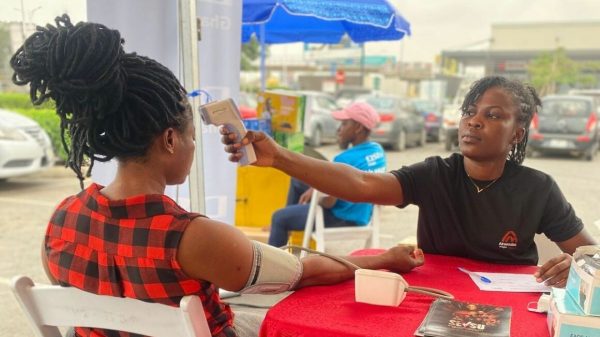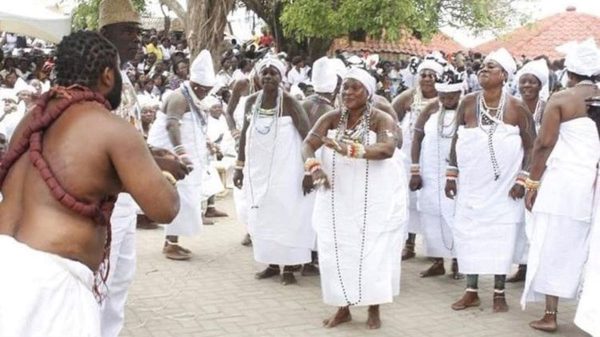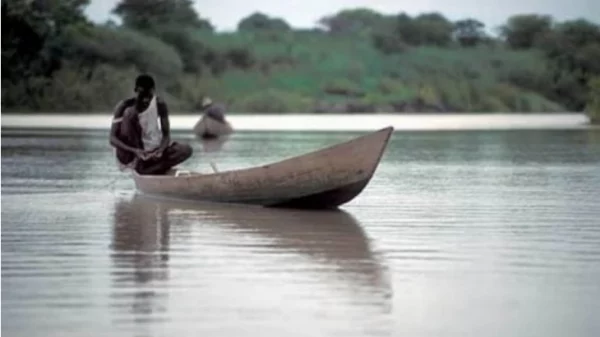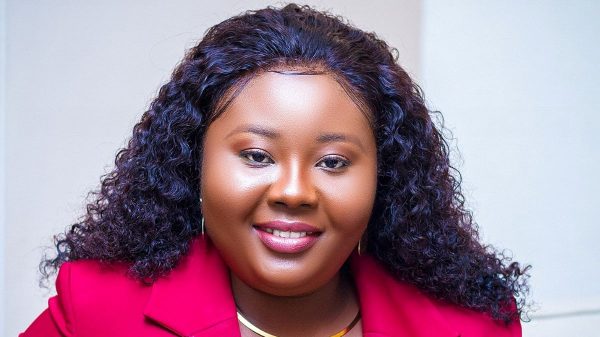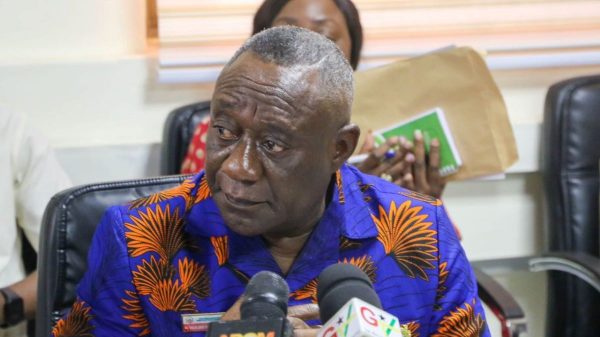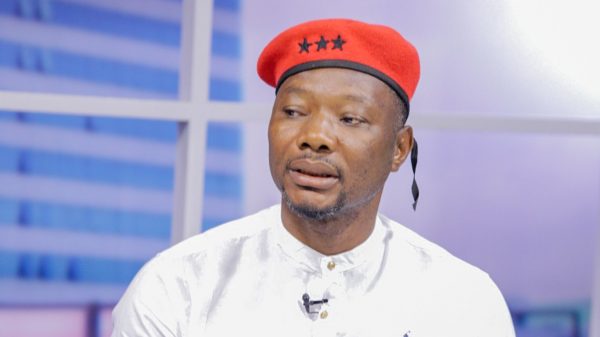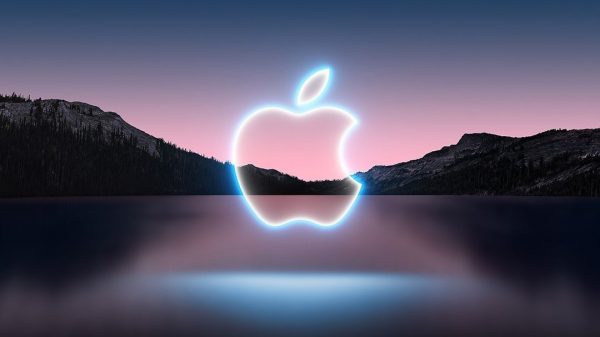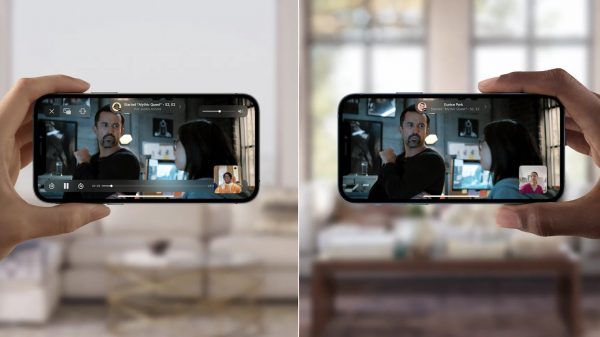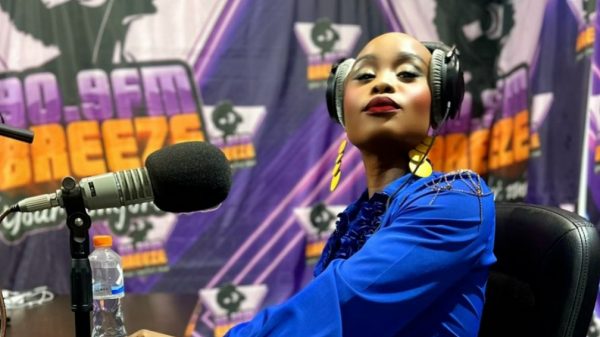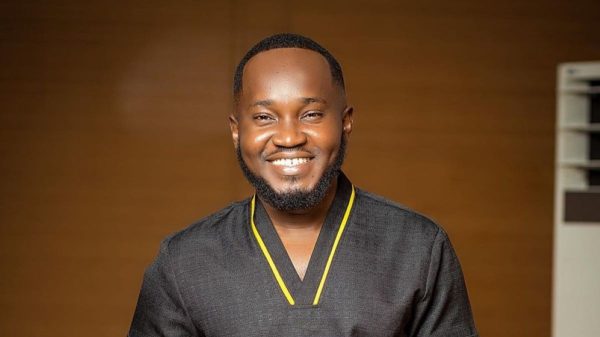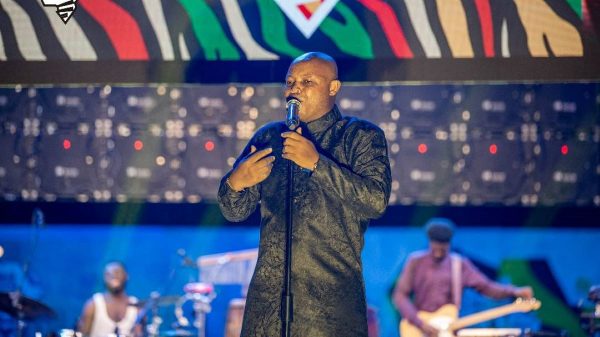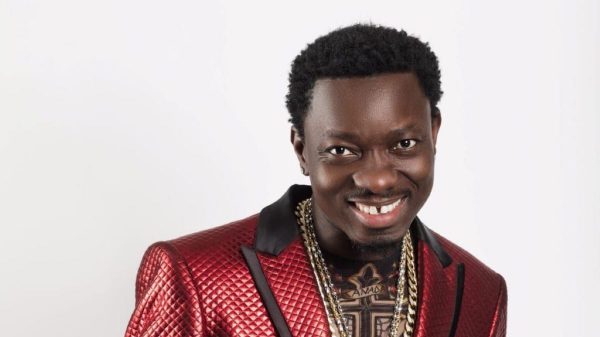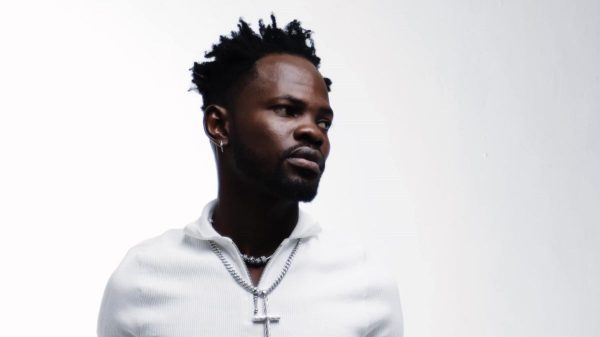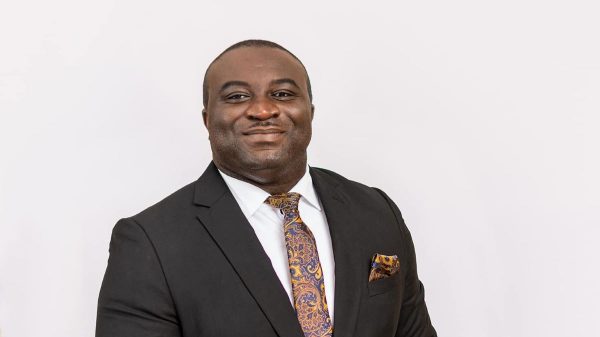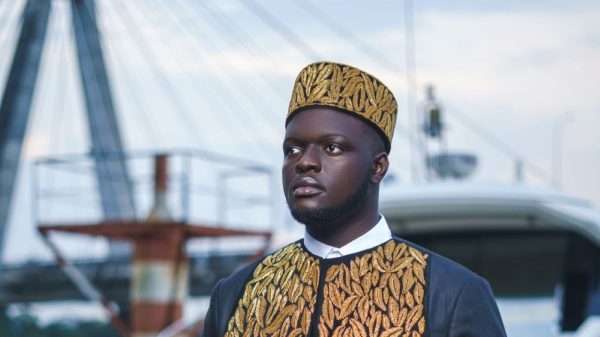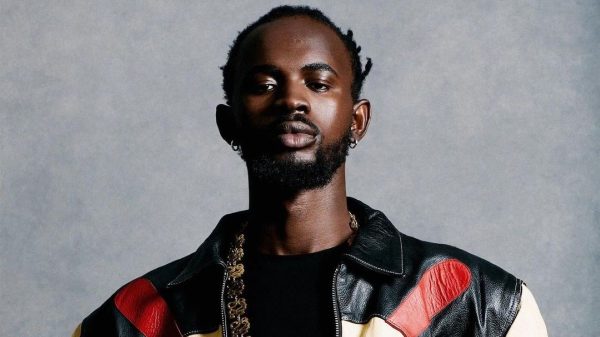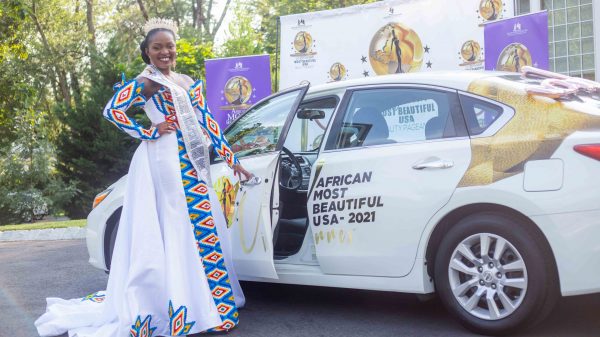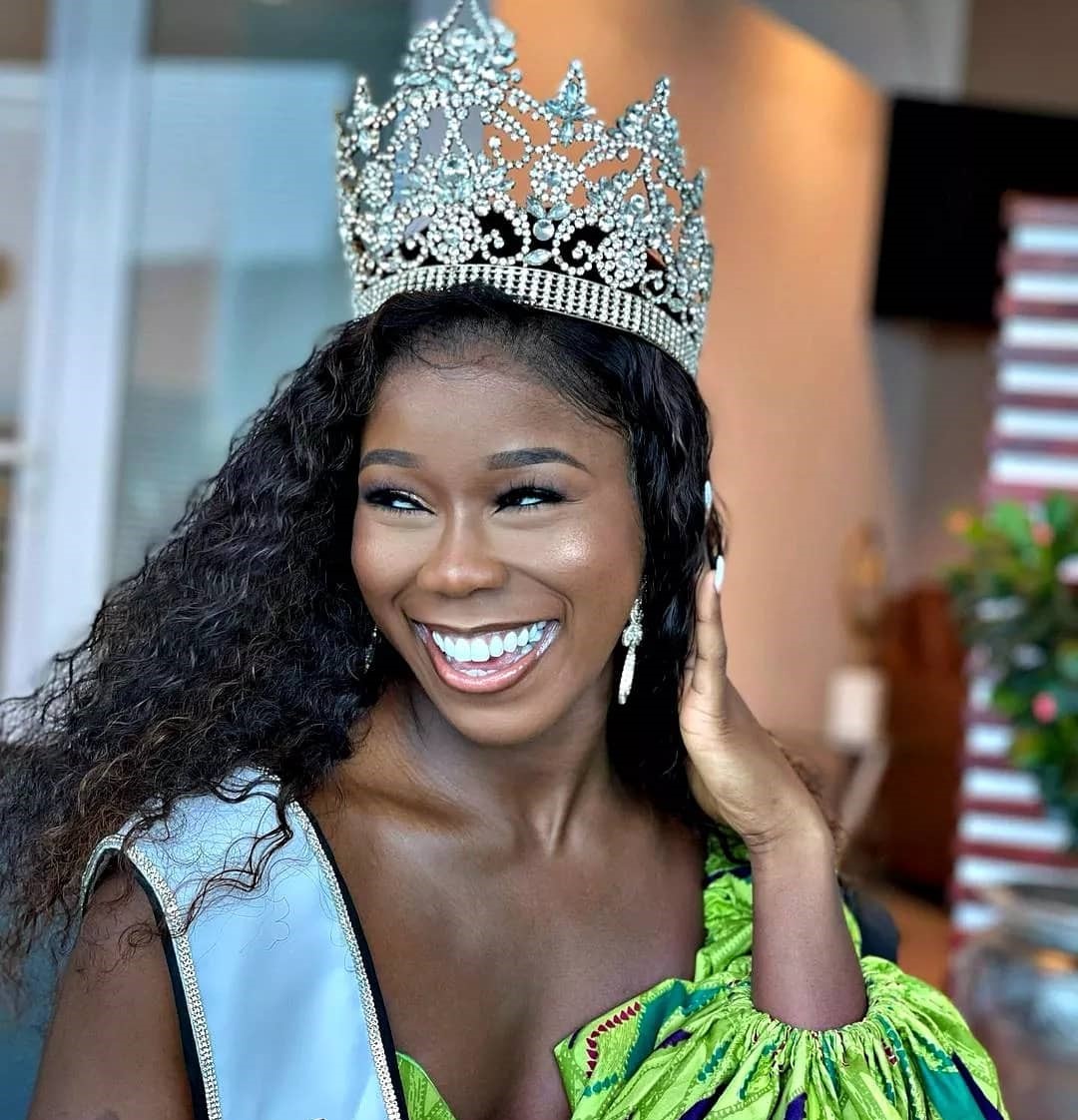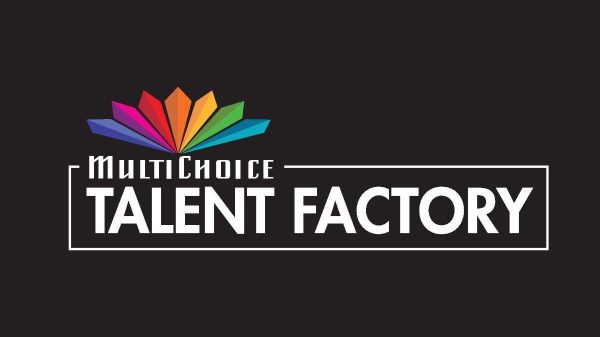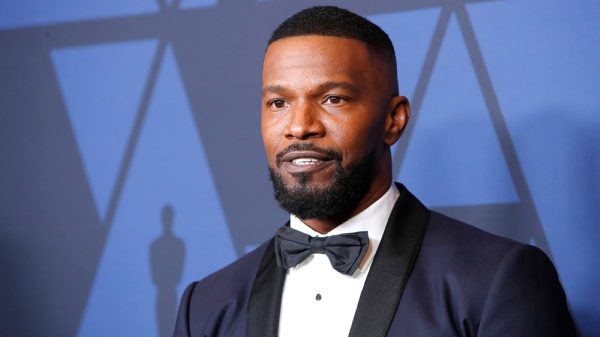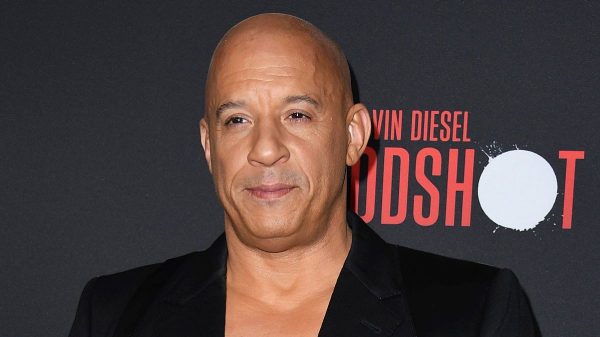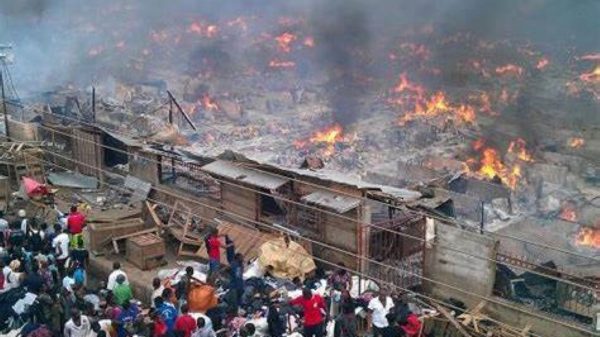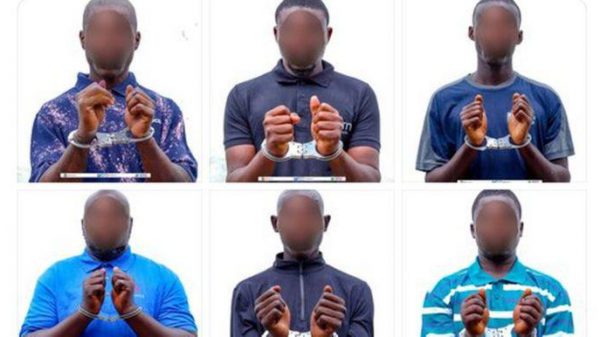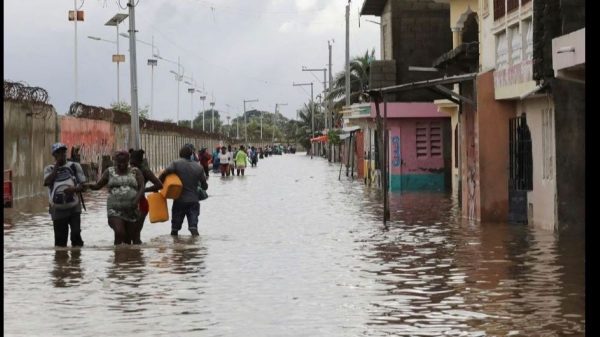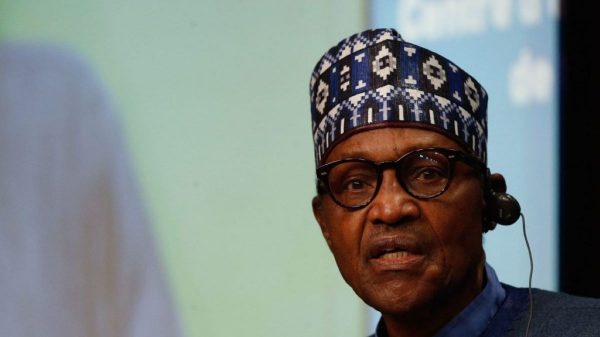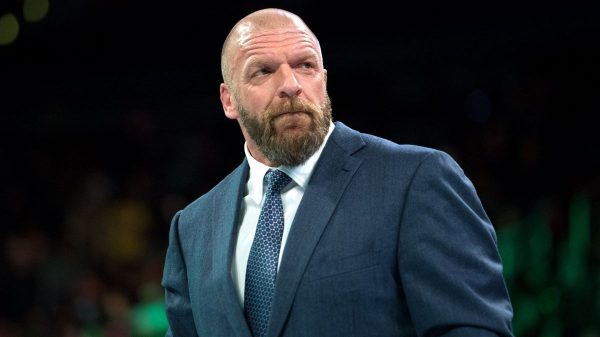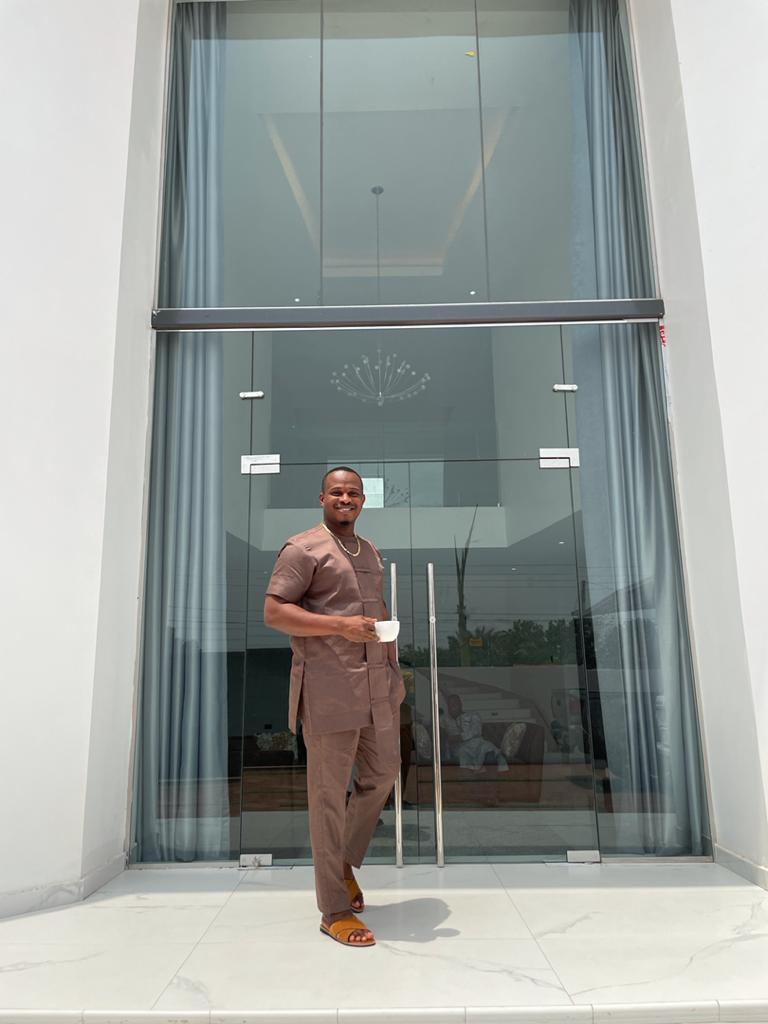Ghana came under the spotlight in 2019 when the International Monetary Fund (IMF) touted the country as the expected fastest growing economy in the world. This came on the back of the building boom in the country accompanied by new wealth.
Evidently, this came alongside a rapid rise in the number of people living in the country with some estimating the population of the country’s capital, Accra, to reach ten million by 2037, a significant rise from four million people in 2010.
Ghana has a rather ballooning housing deficit of over a million housing units, creating a continuous increase in the demand for houses and apartments in especially urban suburbs. There is a real opportunity for investment in the real estate space as more people make an attempt to acquire homes.
Manaf Sana Harouna is the Founder and Chief Executive Officer of M.Unique Homes, a wholly owned Ghanaian real estate company with a diversified portfolio of quality, luxury and ultra-modern properties.
A young entrepreneur with the desire to make a difference and impact his community and country at large, Manaf is gaining prominence in the Ghanaian real estate space with his amazing architectural masterpieces.
Occasionally, he hosts industry captains and influential personalities to engage and discuss new trends in the real estate space and also how to scale into the next level in business and their individual careers.
Over the period, he has hosted small groups including global showbiz personalities including American actor and comedian of Ghanaian descent, Michael Blankson, UK – Ghanaian musician, Fuse ODG, multiple award winning Ghanaian musician, Shatta Wale, D-Black, Medical, actress Fella Makafui and Benedicta Gafah.
Welcoming me to his magnificent four bedroom luxurious home located at East Legon, Manaf indicated that Ghana’s housing market is now gaining momentum, boosted by a strong economic growth and the influx of non-resident Ghanaians and foreign homebuyers.
In response to my question on the motivation for the design for his house and location, he revealed that it is influenced by the future of the built environment. “We are moving toward an increasingly digital, interconnected society and with it comes the realisation that everything we know will change”, he added.

Compared to other industries, the built environment has been slower to react to this change. The reality is that operational and construction functions, activities and experiences, as well as expectations around performance are evolving and it should also reflect the built environment.
Additionally, it has become obvious that disruptive technologies are also driving home the fact that it is becoming difficult to predict the future, however, the right questions can be asked. .
According to Manaf, “to better understand how we can anticipate the journey towards buildings of the future, I spoke at length to a broad group of professionals across the built environment to imagine what the future of buildings might look like and how they might be created. We shared thoughts on what is driving demand, challenges inherent in reaching intelligent building status and what some of the next steps in this journey might be”.
Over the years, there has been attempts to create Public Private Partnerships in Ghana just like other developing countries to provide adequate housing for its populace. Also, most public housing policies and programs initiated by successive governments over the years have failed to see the light of day.
Commenting on the subject, Manaf said “there are usually brilliant ideas and concepts to resolve the housing deficit in the country. The inability to achieve this over the years can be attributed to the lack of commitment to raise the needed funds, mechanisms for systematic co-ordination among the various sectors which were not clearly defined and lack of rationalization of the various housing programs in the sector”.
On the challenges in the Ghanaian real estate sector Manaf highlighted that competition and risk seems to rank top. “Many people have referred to risks that arise from competition with numerous other entities seeking to invest in real estate as well as competition to secure tenants and clients. Also, investments in real estate are relatively illiquid and generally cannot be disposed off quickly. There is therefore the risk of not being able to vary the real estate asset portfolio in response to economic or other conditions promptly”.
He added that “there is also a default risk where tenants on a property are defaulting on their rental payments or buyers failing to keep to payment plan. These things will certainly lead to potential losses for the company as well as the investors”, he elaborated.
On how to mitigate these challenges, Manaf revealed that “personally, I see the challenges associated with the sector as an indication to get creative and dynamic in operations and delivery. I strongly believe that when you offer clients value for money, you will continue to be in business in spite of all competition and risks. In addition, adopting effective and efficient investment strategies will be vital in ensuring that risks are dealt with”.
